Death in Venice: The Sinking Palazzo (2008)
Short behind the scenes making-of documentary about the filming of the sinking house palazzo and the Venetian piazza chase from the James Bond movie Casino Royale (2006).
Short behind the scenes making-of documentary about the filming of the sinking house palazzo and the Venetian piazza chase from the James Bond movie Casino Royale (2006).
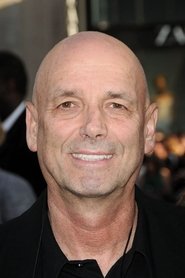 Martin CampbellSelf
Martin CampbellSelf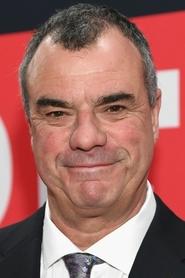 Chris CorbouldSelf
Chris CorbouldSelf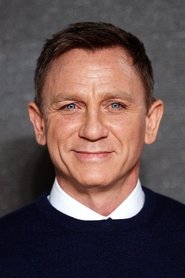 Daniel CraigSelf
Daniel CraigSelf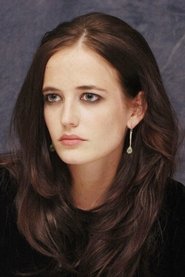 Eva GreenSelf
Eva GreenSelf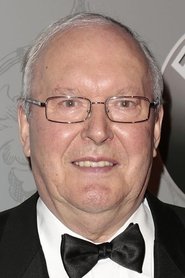 Peter LamontSelf
Peter LamontSelf Gary PowellSelf
Gary PowellSelf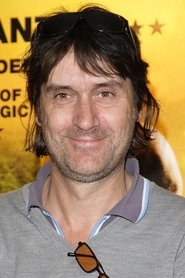 Neal PurvisSelf
Neal PurvisSelf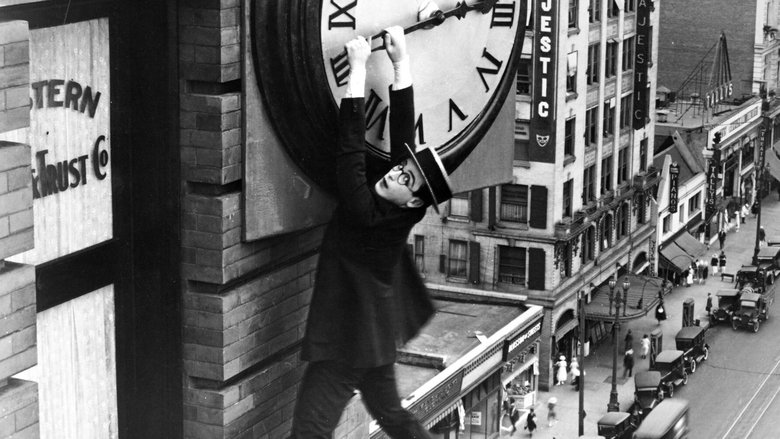
A film about the career and methods of the master silent comedy filmmaker.
A documentary that takes a look at the film and media industry of New Mexico and its impact today.

A documentary about the International Queer Film Festival Hamburg that celebrated its 25th anniversary in 2014. The filmmakers have filmed, interviewed, gleaned the archives, watched hours of footage and edited reams of material into a small masterpiece. With its gorgeous shots and sublime soundtrack, the documentary entertainingly brings across both the unique atmosphere and 25-year history, and above all, illuminates the complex mesh that both forms and carries the festival. On another note, the film tries to detect the ways a queer film festival like this has functioned as a platform for unheard voices - and continues to do so in the present. For some people, its sole existence has been a life changing momentum.
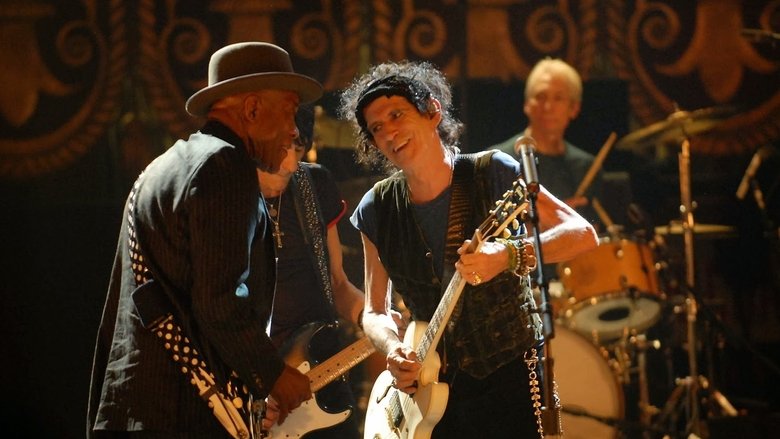
Martin Scorsese’s electrifying concert documentary captures The Rolling Stones live at New York’s Beacon Theatre during their A Bigger Bang tour. Filmed over two nights in 2006 with an all-star team of cinematographers, the film combines dynamic performances with archival footage and rare glimpses behind the scenes, offering a vibrant portrait of the band’s enduring energy and legacy.
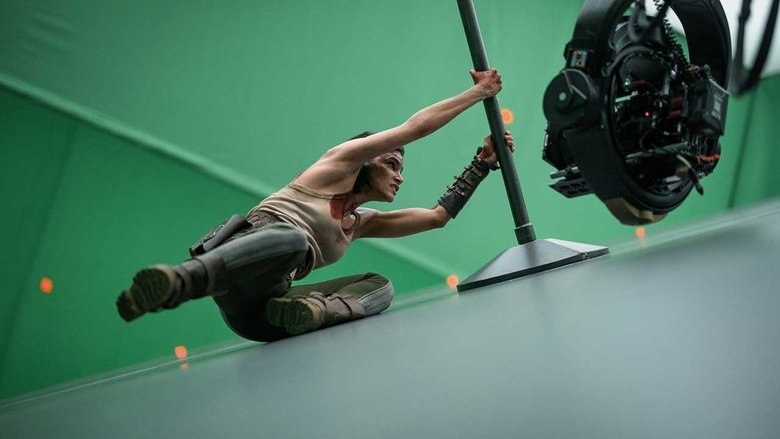
Go behind the scenes with director Zack Snyder and the cast and crew of his epic sci-fi saga as they bring a vast new sci-fi universe to the screen.
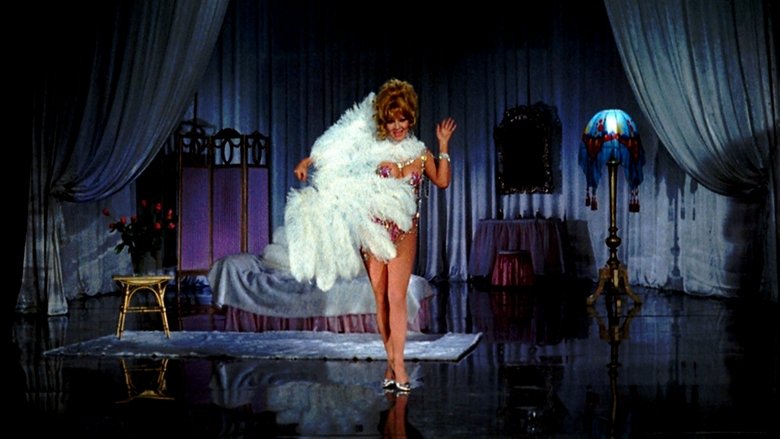
What was the role of women in Spanish cinema from the 1930s to the present explained through fragments of different films, both fiction and non-fiction. (Followed by “Manda huevos,” 2016.)
Writer Tom Davis hosts a Blues Brothers retrospective that tells the whole truth about the legendary band's early days and righteous ways. The Blues Brothers were an unforgettable part of Saturday Night Live's golden era, making their musical debut in bee costumes singing "I'm a King Bee," and becoming an overnight sensation. Switching to hats and shades inspired by John Lee Hooker, they combined classic Chicago Blues with Stax-Volt R&B to create a sound all their own. Their first album, Briefcase Full of Blues, went double-platinum and led quickly to their hit movie and milestone soundtrack album. The rest is history, and it's all here in a music-filled, memory-blasting account of a band that will always be on a mission from God.
Four lives that could not be more different and a single passion that unites them: the unconditional love for their cinemas, somewhere at the end of the world. Comrades in Dreams brings together six cinema makers from North Korea, America, India and Africa and follows their efforts to make their audiences dream every night.
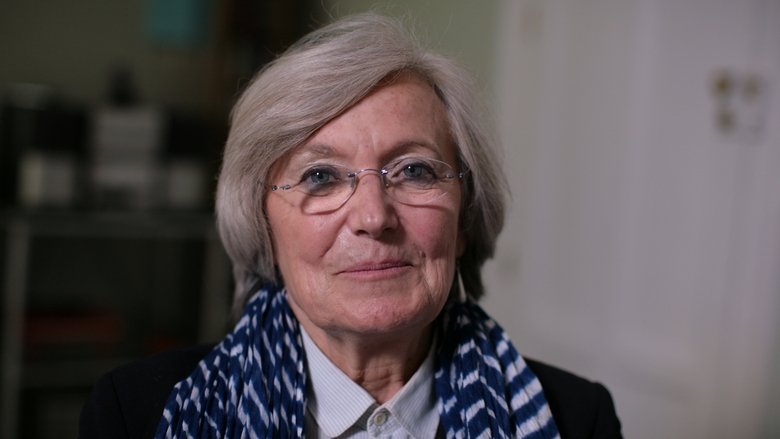
Spain, 1960. French student Monique Roumette lives in Madrid on a scholarship. Thanks to a friend who works in the production company Uninci, she has the privilege of attending the shooting of Viridiana, a film directed by Luis Buñuel.
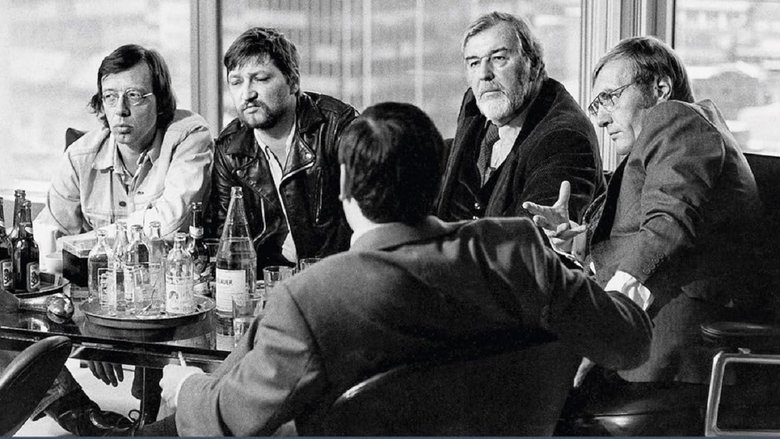
Documentary about filmmakers of the New German Cinema who were members of the legendary Filmverlag für Autoren (Film Publishing House for Authors). Among them are Werner Herzog, Rainer Werner Fassbinder, and Wim Wenders.
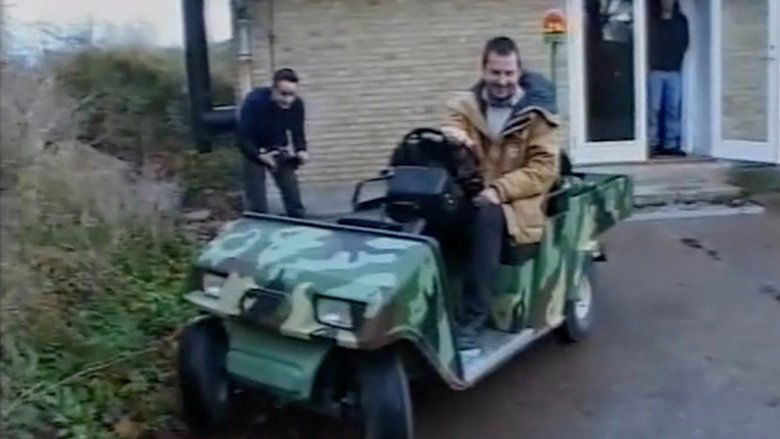
The Name of this Film is Dogme95 is an irreverent documentary exploring the origins of Dogme95, the most influential movement in world cinema for a generation. The film tells how a 'brotherhood' of four Danish directors armed with a radical Manifesto, has inspired, outraged and provoked filmmakers and filmgoers the world over. The rules of Dogme95 take filmmaking back to its brass-tacks - stories must be set in the here and now; the films must be shot on location, with a handheld camera, using natural light, and direct sound; the rules forbid murders and weapons (staples of the much-loved action-movie genre); and, most amusingly, the director must not be credited (that holds also for the director of The Name of this Film is Dogme95...).
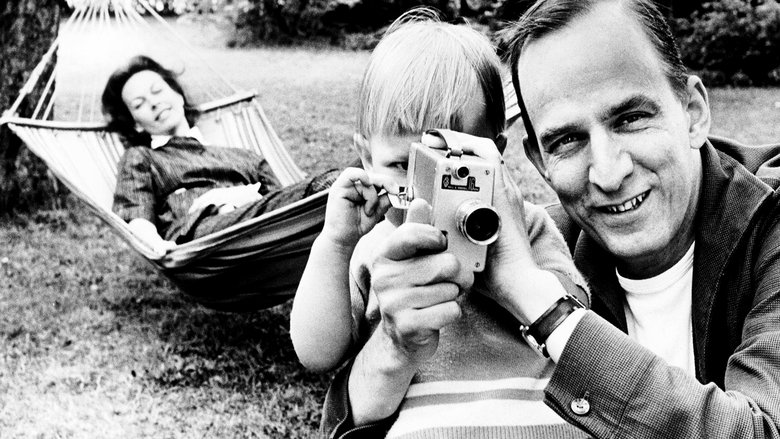
A meaningful account of the personal and professional life of the great Swedish filmmaker Ingmar Bergman (1918-2007) that explores his film legacy, with interviews with his closest collaborators and a new generation of filmmakers.
Werner Herzog discusses the making of "Nosferatu" on set.
This promotional short film for "Soylent Green" (1973) begins by showing clips of films that depicted what the future might be like beyond Earth. The narrator then discusses the origin of the idea depicted in "Soylent Green." Director Richard Fleischer and star Charlton Heston discuss how an upcoming crowd scene will be filmed. Then we see what happens when the crowd riots because there is not enough food available to be distributed to everyone. "Soylent Green" was Edward G. Robinson's 101st (and, as it turned out, his last) feature film. During a break in filming, the cast and crew hold a ceremony celebrating the first film of his "second hundred," and Robinson makes appreciative remarks to the crowd. Studio head Jack L. Warner and friend George Burns are among those in attendance.
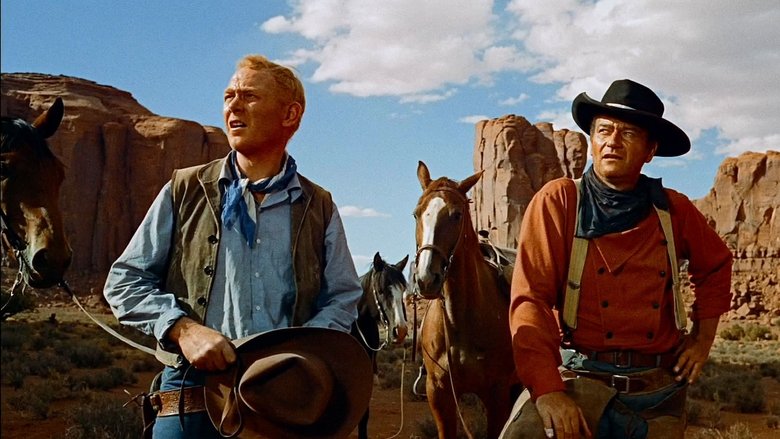
A documentary encapsulating the career and Western films of director 'John Ford' , including clips from his work and interviews with his colleagues.
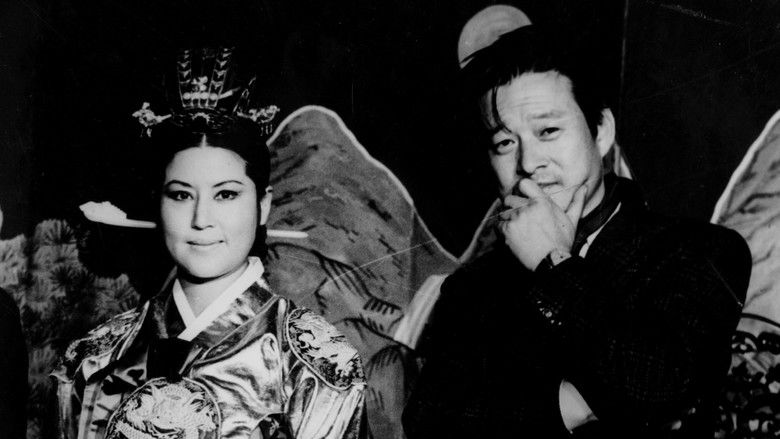
Hong Kong, 1978. South Korean actress Choi Eun-hee is kidnapped by North Korean operatives following orders from dictator Kim Jong-il.
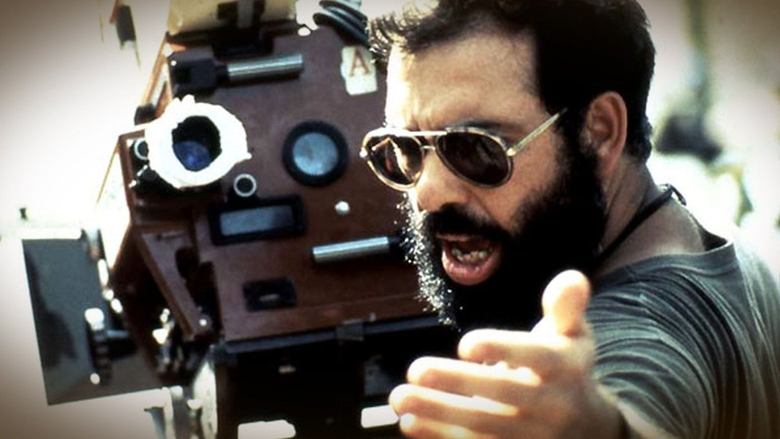
A chronicle of the production problems — including bad weather, actors' health, war near the filming locations, and more — which plagued the filming of Apocalypse Now, increasing costs and nearly destroying the life and career of Francis Ford Coppola.
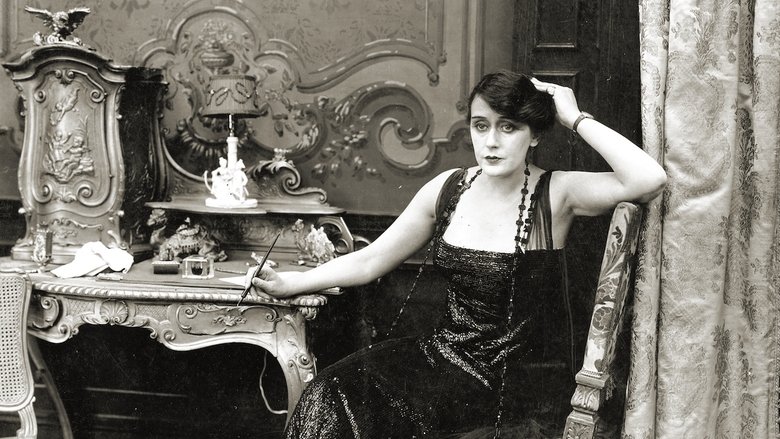
The epic life story of Alice Guy-Blaché (1873–1968), a French screenwriter, director and producer, true pioneer of cinema, the first person who made a narrative fiction film; author of hundreds of movies, but banished from history books. Ignored and forgotten. At last remembered.
The film director, Carol Reed, is the subject of this documentary short. The illegitimate son of the famous stage actor, 'Sir Herbert Beerbohm Tree' , Reed was brilliant with actors, especially child actors, making him the perfect person to bring Oliver! to the screen. Reed is best known for three films he made in the late 1940s, and the documentary offers generous clips from Odd Man Out, The Fallen Idol, and the most famous of all, The Third Man. The film director, John Boorman, the assistant director, Guy Hamilton, the actors, Ron Moody and Bryan Forbes and the cinematographer, Oswald Morris, are among the interviewees.